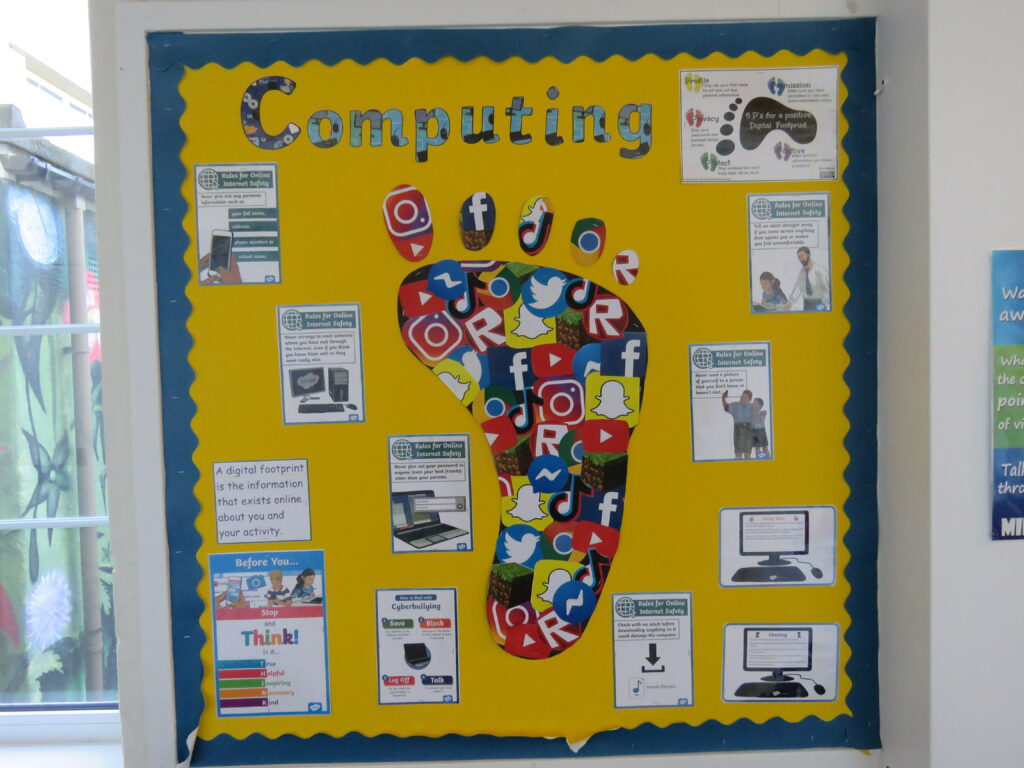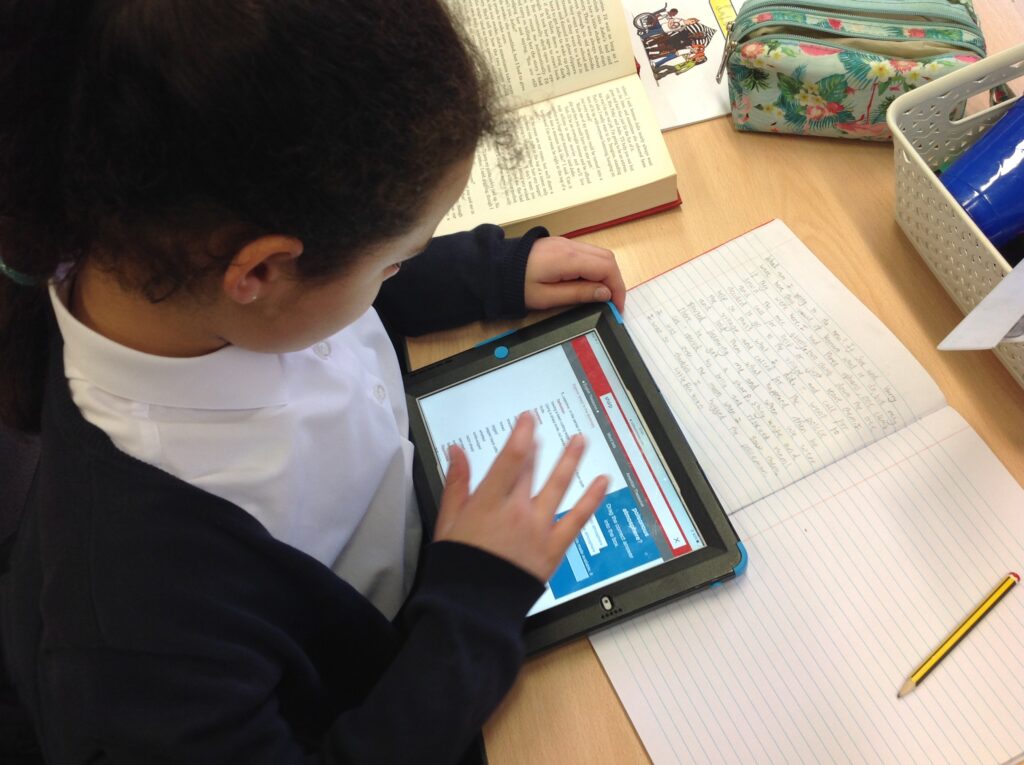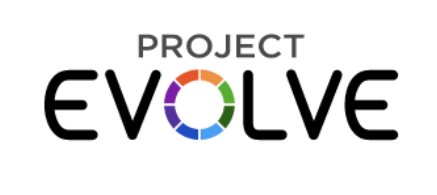Intent
At Elmwood Junior school, we aim to give our pupils the life-skills that will enable them to embrace and utilise new technology in a socially responsible and safe way in order to flourish. We want our pupils to be able to operate in the 21st century workplace and we want them to know the career opportunities that will be open to them if they study computing. We want children to become confident, independent users of computing technologies, gaining confidence and enjoyment from their activities. We want the use of technology to support learning across the entire curriculum and to ensure that our curriculum is accessible to every child. Not only do we want them to be digitally literate and competent end-users of technology but through our computer science lessons we want them to develop creativity, resilience, problem-solving and critical thinking skills. We want our pupils to gain vital skills which will help them in the future as many jobs that our learners will go into have not yet been created.


Implementation
At Elmwood, computing is taught in discreet computing lessons but the use of technology is encouraged to support learning across all curriculum areas. We use The NCCE Computing Curriculum scheme of work. Children in all year groups are exposed to a range of topics which encourage progression across the key strands of computer science, digital literacy and information technology. Every lesson in our scheme has been adapted to include a prior learning slide which links to online safety. The scheme has been closely referenced against the National Curriculum attainment targets in order to ensure progression and coverage. Having discreet lessons means that the children are able to develop depth in their knowledge and skills over the duration of each of their computing topics. In computing lessons the children will use either IPads or chromebooks in order to access a range of apps and software.
Online safety is taught regularly at an age appropriate level and forms the basis of all Computing learning. We use Be internet Legends and Project Evolve across all year groups and have adapted the lessons to suit the needs of our children. We believe that pupil voice is a vital part when learning and we have a team of digital leaders who promote computing and online safety within the school.


Impact
We want children to be confident users of technology, who will be able to implement their skills at school or at home. During their time at Elmwood and after, they will have a secure and comprehensive knowledge of technology and digital systems, enabling them to use these skills in the modern world.
We want children to know how to be responsible, safe and respectful online. They will be able to recognise the dangers that exist from the use of technology and voice their ideas about the potential risks of being online. They will be able to talk about ways to keep safe online and know what to do if they feel unsafe or see something that they do not like.
We measure the impact of our curriculum by: –
• Teacher assessments made against the planned outcomes using the NCCE ‘I can’ statements for each area of Computing.
• This is rephrased into a ‘Can I’ question.
• Children’s self-assessment of the ‘Can I’ question using the whole school learning feedback policy
• Pupil discussion and feedback (pupil voice) (skills and knowledge)
• Reflective staff feedback (teacher voice)
• Monitoring by the Computing Subject Leader during learning walks
• Opportunities for professional dialogue between teachers
• Monitoring of children’s work– kept on Google classroom photo evidence and images of practical learning.
